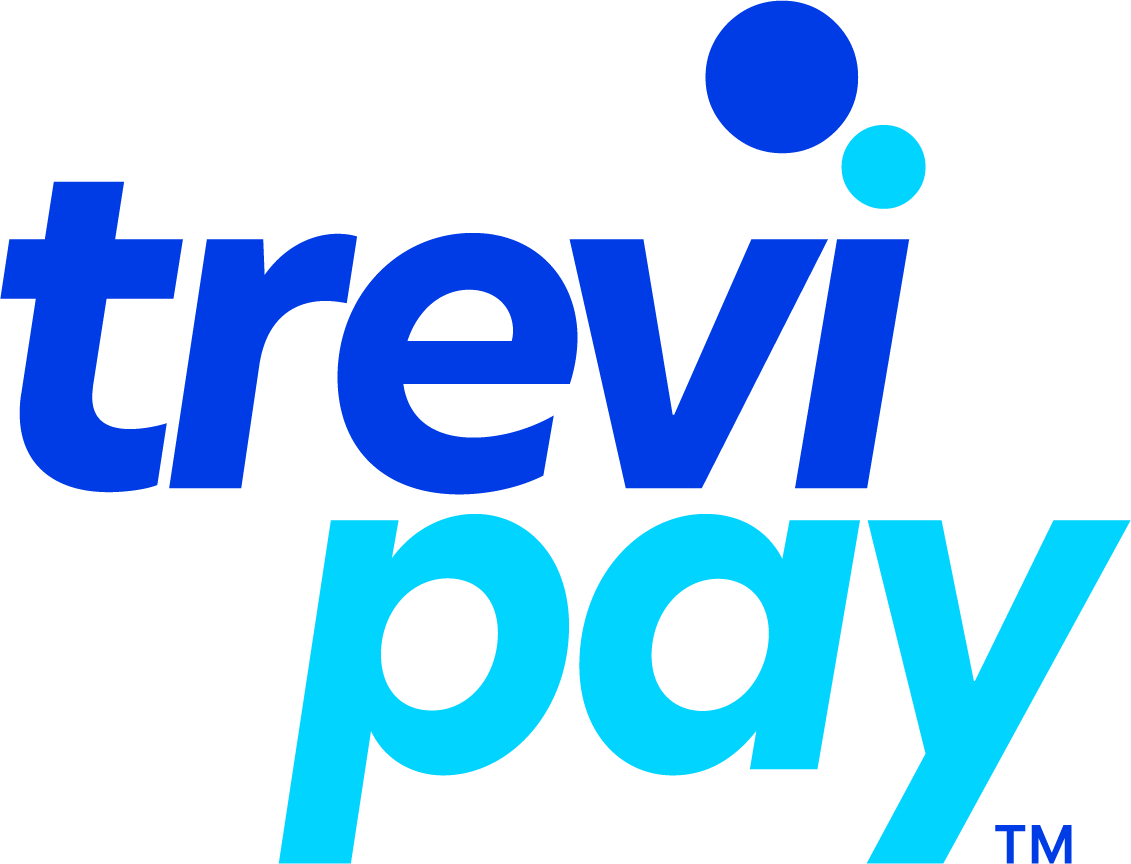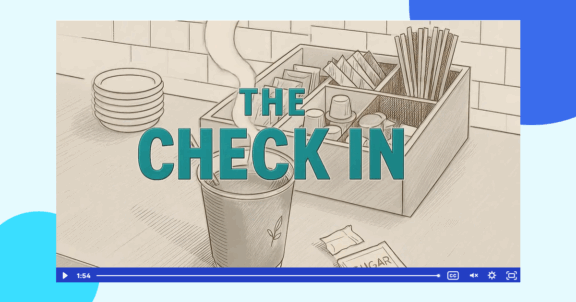In any business, getting paid is essential to viability—that’s a no-brainer. But depending on the agreement a company has with its customers, time often lapses between the moment a customer purchases a product or service and the moment the company is paid for it. And that window of time—known as accounts receivable days—could have a negative impact on the business—depending on how long it is.
What Are Accounts Receivable Days?
Accounts receivable days refers to the number of days a client’s invoice is outstanding before a company collects the amount that client owes it. This financial metric, expressed in days, is crucial for assessing the effectiveness and efficiency of a company’s credit policies and collection process by giving insights into how quickly a company collects cash from its credit sales.
For businesses with a credit-based sales model, maintaining a low number of accounts receivable days is vital because it implies swift cash collection, which in turn enhances liquidity and may decrease the need for external financing. Several key factors can influence a company’s Accounts Receivable Days:
Credit Policy Changes
Credit policy changes can significantly influence Accounts Receivable Days. Adjusting payment terms, such as extending them from Net 30 to Net 60, will directly increase AR Days as customers have more time to pay. Conversely, implementing stricter credit checks may reduce AR Days by ensuring that only the most creditworthy customers are granted terms, but this approach could potentially limit sales growth. Offering early payment discounts can be an effective strategy to encourage faster payments, thereby reducing AR Days. Companies must carefully balance these policy changes to optimize their AR Days without negatively impacting sales or customer relationships.
Customer Base
A company’s customer base plays a crucial role in determining its Accounts Receivable Days. Different industries and customer types often exhibit varying payment behaviors, which can significantly impact the overall AR Days. For instance, large corporations may have more structured payment processes, potentially leading to longer but more predictable payment cycles, while small businesses might pay more quickly but with less consistency. A shift in customer mix, such as acquiring more small business clients relative to large corporate customers, can therefore affect the company’s overall AR Days.
Additionally, when a business expands into new markets, it may encounter different payment norms and expectations. For example, expanding into international markets might introduce longer payment cycles due to factors like currency exchange processes or differing business cultures. Understanding these customer-related dynamics is essential for effectively managing and forecasting Accounts Receivable Days, especially as a company’s client base evolves or expands.
Economic Conditions
Economic conditions play a significant role in shaping a company’s Accounts Receivable Days. During economic downturns, businesses often experience slower payments from customers, leading to extended AR Days. This occurs as clients struggle with their own cash flow issues, potentially prioritizing critical expenses over prompt payment of invoices.
Inflation can further exacerbate this problem by eroding customers’ purchasing power, making it more challenging for them to pay promptly. In international trade, currency fluctuations can introduce an additional layer of complexity. Unfavorable exchange rate movements may prompt customers to delay payments in hopes of more favorable rates, or make it more difficult for them to afford timely payments. Conversely, favorable exchange rates might encourage earlier payments. These economic factors underscore the importance of businesses maintaining flexible credit policies and robust cash management strategies to navigate varying economic conditions and minimize their impact on Accounts Receivable Days.
Seasonal Fluctuations
Seasonal fluctuations can have a notable impact on a company’s Accounts Receivable Days. Many industries experience cyclical sales patterns that directly affect their AR Days throughout the year. For example, a business may see a surge in sales during the holiday season, which can temporarily increase their accounts receivable balance and, consequently, their AR Days. Conversely, they may experience faster collections in January as customers pay off their holiday purchases.
Similarly, businesses that cater to other companies might see fluctuations tied to their clients’ fiscal year-ends. As organizations strive to manage their own financial statements, they may accelerate or delay payments, causing ripple effects in their suppliers’ AR Days. For instance, some businesses might delay payments at the end of their fiscal year to improve their cash position, while others might pay early to utilize remaining budgets. Understanding these seasonal patterns is crucial for accurate financial forecasting and effective management of working capital throughout the year.
Technology and Process Changes
Technological advancements and process improvements can significantly impact a company’s Accounts Receivable Days. Implementing automated invoicing and payment systems can streamline the entire billing process, reducing errors and delays that often contribute to extended AR Days. These systems can generate and send invoices promptly after a sale, track due dates, and even send automatic reminders to customers, all of which can accelerate payment collection.
Furthermore, electronic payment options integrated into these systems make it easier for customers to pay quickly and conveniently. Improved communication tools also play a crucial role in enhancing follow-up processes. By leveraging these technological solutions, companies can not only reduce their AR Days but also improve overall efficiency in their accounts receivable management and customer experience, leading to better cash flow and stronger customer relationships.
Company Growth
Company growth can significantly impact Accounts Receivable Days, often in ways that challenge existing credit management practices. Rapid expansion typically leads to an influx of new customers and increased sales volume, which can strain credit management resources if not properly scaled. This strain may result in delayed credit checks, slower invoice processing, or less rigorous follow-up on overdue accounts, potentially increasing AR Days.
Moreover, as a company grows, it may enter new product markets or geographic regions, each with its own set of payment expectations and norms. For instance, expanding into a market where longer payment terms are standard could extend AR Days across the company’s portfolio. Similarly, introducing products with different sales cycles or customer bases might necessitate adjustments to existing credit policies. These growth-related factors underscore the importance of scaling credit management capabilities in tandem with overall business expansion, potentially through increased staffing, enhanced technology solutions, or outsourcing certain functions.
Understanding these factors can help companies proactively manage their Accounts Receivable Days and adapt their strategies to changing conditions.
How Do You Calculate Days in Accounts Receivable?
Accounts receivable days follows a specific formula:
(Accounts receivable / Annual revenue) x Number of days in the year = Accounts receivable days
Calculating accounts receivable days helps businesses determine whether a company is a good credit risk—that is, if the customer will be able to pay an invoice in a timely manner. The shorter the accounts receivable days, the better it is for the company extending credit.
But oftentimes, businesses don’t recognize the importance of calculating accounts receivable days—and ensuring that window of time is timely and appropriate for their business to function optimally. In reality, by reducing the number of accounts receivable days, companies can strengthen their financial position and improve cash flow because they’re getting paid in a more timely manner. And that’s great for business!
Reaping the Benefits of Accounts Receivable Days
Ensuring outstanding accounts balances are paid by the due date the company and the customer agreed on provides multiple benefits to overall business operations. And the key to doing this more easily and efficiently lies in automation.
- Gain accounts receivable efficiencies and predictable revenue streams: Better managing accounts receivable days helps the company extending credit to run more efficiently because it offers it clear visibility of its overall financial position.
- Lower accounts receivable expenses: It’s not uncommon for a customer not to pay a bill on time. But there are ways to stay ahead of what could turn into a delinquency. Communicate consistently with your customer before the due date— and be clear about the amount owed and the date it’s due. Clearly communicate the number of days they have to pay it, the type of payment you accept and the exact amount they need to send. And, in some cases, it may make sense to remind the customer even before the invoice is due that the payment is expected on a (quickly approaching) certain date. Resend the invoice so they have easy access to all the information they need to send the payment on time.
- Reduce days sales outstanding (DSO): Manually invoicing customers—many with unique billing requirements—undoubtedly leads to mistakes. And these mistakes only further delay payments. Better management of accounts receivable days through automation eliminates that concern.
- Improve cash flow management: The math here is simple. When you’re receiving payment on outstanding invoices in a more timely manner and in some cases reducing the days those bills are outstanding, you not only have more cash on hand, but it’s also much easier to predict your future cash flow position.
Automating the Process with TreviPay
Traditionally, companies handle all these tasks manually, which takes time and puts strain on accounts receivable departments.A lack of time and A/R capital negatively impacts the customer experience. In fact, for more than half of B2B finance employees, it takes four days or longer to onboard a new customer.
But with the right solution, such as TreviPay’s payments technology, all of these tasks can be automated—reducing or eliminating the time it takes to do them manually, saving both time and money.
TreviPay helps companies lower A/R expenses and increase cash flow. Our solution handles the underwriting, credit lines, onboarding and collections. And we extend terms on your behalf—freeing up working capital and reducing risk.
We also help you to reduce the strain on your internal accounts receivable department by evaluating and approving credit in less than 30 seconds, while meeting your invoicing requirements. For comparison, it takes a typical A/R team three days or more to underwrite and onboard a new client.
TreviPay’s solution also reduces your days sales outstanding (DSO). With TreviPay, companies will receive payment in as little as 48 hours, while our customer support team handles invoicing, dunning, collections and customer disputes.
And, most importantly, you can dramatically improve their cash flow management with TreviPay. Companies don’t have to wait to collect on invoices. You can choose your settlement timing of two, seven, 14 or 30 days—which means you’ll significantly increase cash flow while reducing accounts receivable turnover.
Learn more about how TreviPay can help you gain accounts receivable efficiencies and predictable revenue streams.






